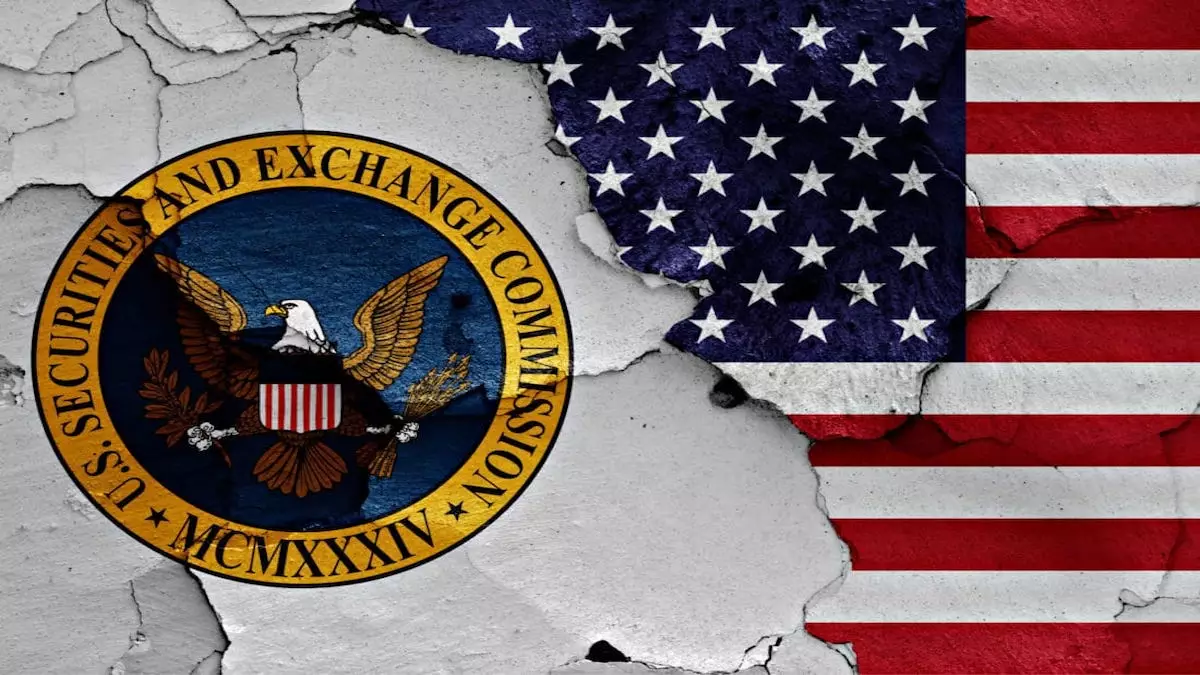The recent Wells notice issued by the U.S. SEC to OpenSea has brought to light the potential implications of digital-asset regulation. The SEC is raising concerns that certain NFTs traded on the platform may be classified as unregistered securities, implying that OpenSea itself could be in violation of securities laws. This development has raised questions about whether the SEC is overstepping its authority in the realm of digital assets and what the repercussions could be for OpenSea, the NFT market, and the broader decentralized ecosystem.
The SEC’s investigation into OpenSea is part of a broader effort to apply securities laws to the ever-evolving crypto and NFT spaces. OpenSea’s CEO, Devin Finzer, has signaled that the platform intends to challenge the SEC’s allegations, citing the potential impact on the NFT market as a whole. The accusation that OpenSea functions as an unregistered securities exchange due to the nature of some NFTs available for purchase has put the platform under scrutiny. The SEC’s increased focus on companies involved in cryptocurrencies has put OpenSea and others in the spotlight, with the Wells notice signaling impending enforcement action.
The SEC’s regulatory actions in the NFT space have raised concerns among creators, developers, and marketplace operators, who fear the potential impact on their industry. While regulation can provide clarity and stability to a maturing market, the SEC’s attempts to apply traditional securities laws to NFTs may stifle innovation and artistic expression. Many NFT creators view their work as digital art rather than investment vehicles, making the SEC’s scrutiny a threat to the vibrant and creative atmosphere of the NFT marketplace.
The SEC’s ongoing investigation into Yuga Labs, the creator of the popular Bored Ape Yacht Club NFT collection, further underscores the regulatory scrutiny facing successful NFT projects. The potential classification of NFTs as securities could have far-reaching implications for creators, platforms, and investors, potentially disrupting the entire digital economy. The SEC’s efforts to regulate NFTs threaten the core principles of decentralization that underpin the NFT ecosystem, challenging the direct relationship between creators and users without intermediaries.
The legal battle between OpenSea and the SEC is poised to set a precedent for the broader NFT marketplace, with possible implications for regulatory oversight and compliance costs. While increased regulation may benefit the NFT ecosystem by establishing clearer guidelines, it also risks excluding smaller creators and tilting the playing field towards well-funded individuals. The SEC’s actions could prompt a call for tailored regulations for NFTs, but this would require a fundamental shift within the agency to adapt to the unique nature of digital assets.
As the SEC’s investigation into OpenSea unfolds, the future of the NFT market hangs in the balance. While regulatory oversight is essential for consumer protection, it must be balanced with preserving the vibrancy and creativity of the NFT ecosystem. A thoughtful and nuanced approach to regulation is needed to safeguard both consumers and the decentralized structure of NFTs, ensuring that digital art and collectibles continue to thrive in a legal framework that supports innovation and expression.

